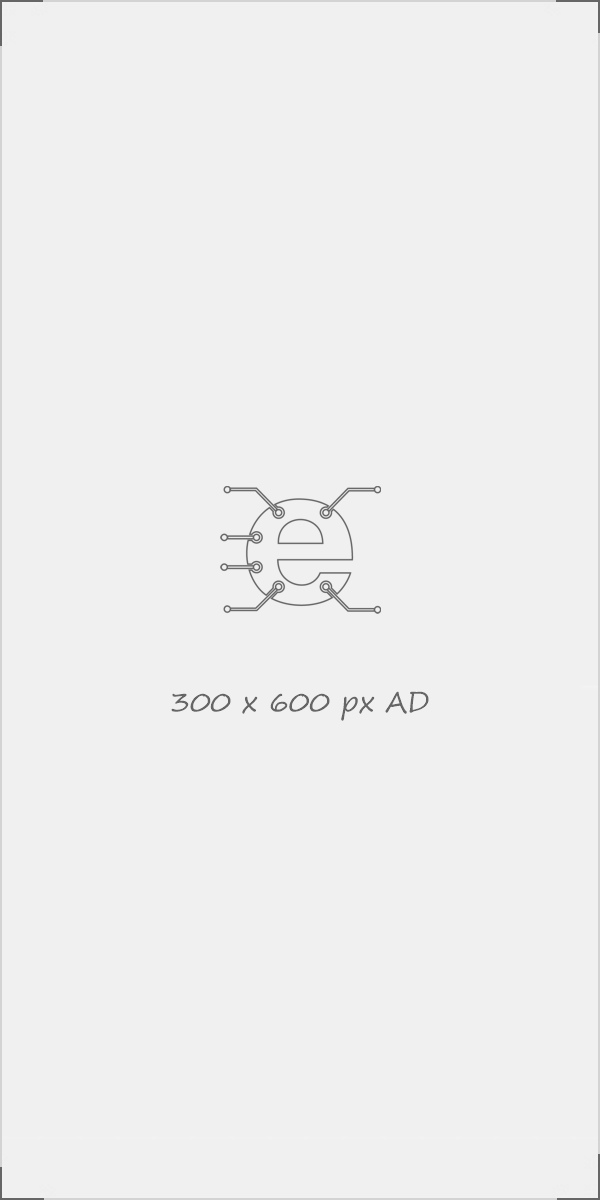Year: 2017
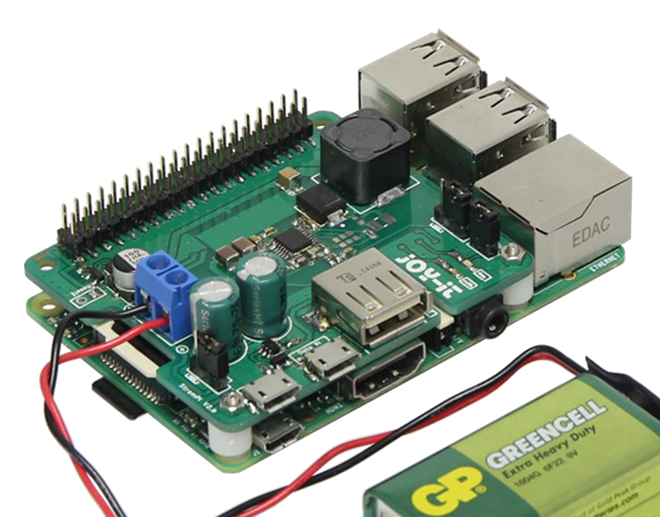
StromPi, The Uninterruptible Power Supply for Raspberry Pi
It seems evident that the Raspberry Pi and its clones have filled an enormous hidden need. The digital performance of such micro-computers is exceptional as long as they are used without any special dependence on power requirements, that is to say near an electrical outlet with power!...
Continue Reading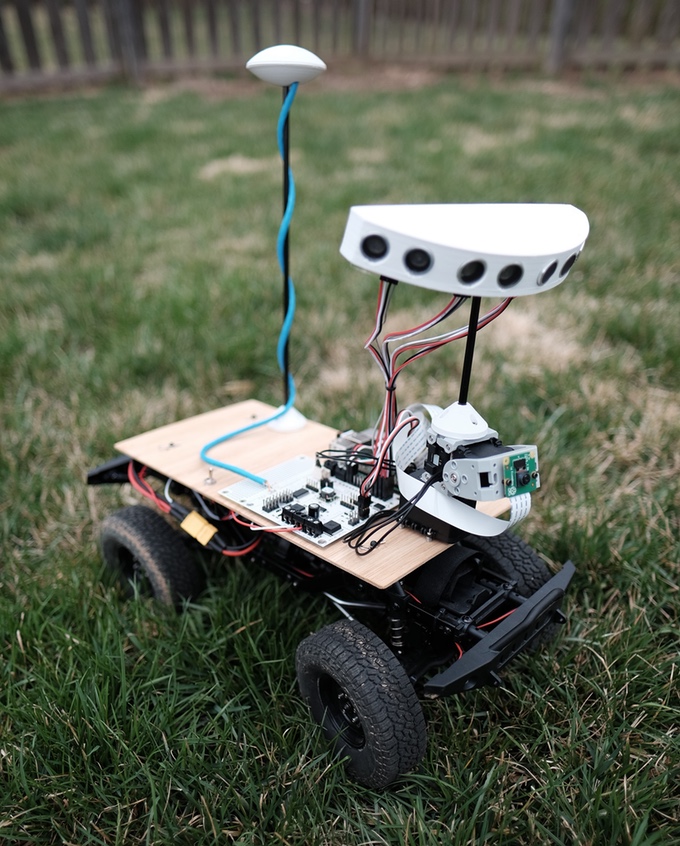
Robot Core – The Ultimate Raspberry Pi Robot Controller
The Robot Core, which is a robot control board for the Raspberry Pi and Arduino, brings many different elements into one awesome package. It allows you to efficiently control motors, servos, and read sensor data without needing 3-4 additional boards to hookup. Several Robot Core boards...
Continue Reading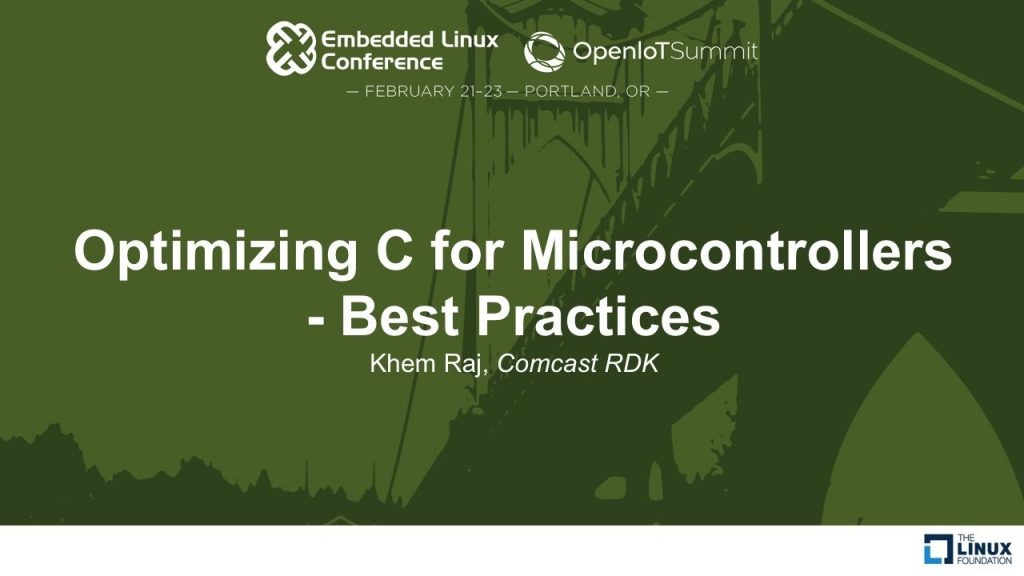
Know your Tool – Optimize C Code for microcontrollers
One of the talks in the “Embedded Linux Conference 2016” was about best practices to optimize C for microcontrollers. This talk deserves to be mentioned to Electronics-lab readers. The presenter Khem Raj worked on Comcast’s (broadcasting and cable television company) reference...
Continue Reading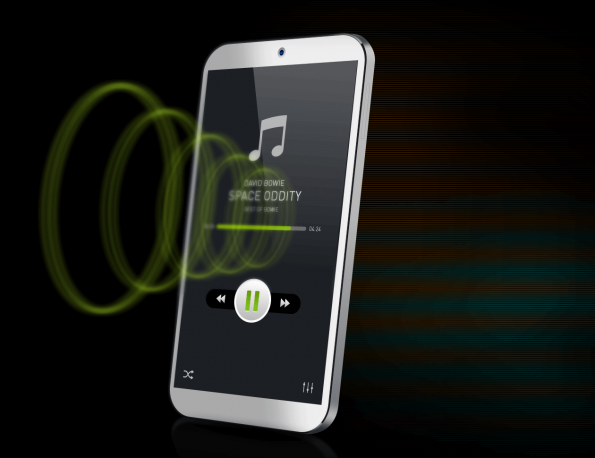
Screens become speakers, smartphones can lose micro-speakers
by Graham Prophet @ eedesignnewseurope.com: Redux (London UK) has followed earlier announcements of its surface-wave-based haptics technology with a version specifically targeted at the smartphone, with which it aspires to “kill off smartphone micro-speakers”. Screens become...
Continue Reading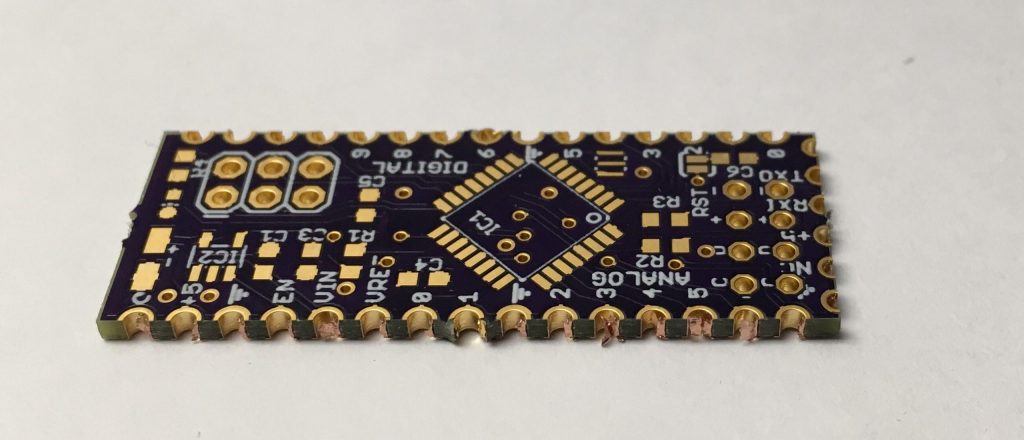
Castellated PCB Edges
@ oshpark.com: Castellations are small plated edges, typically used for making circuit boards into small pcb modules. These are often seen on wireless modules, such as the ESP8266-12E. Castellated PCB Edges -...
Continue Reading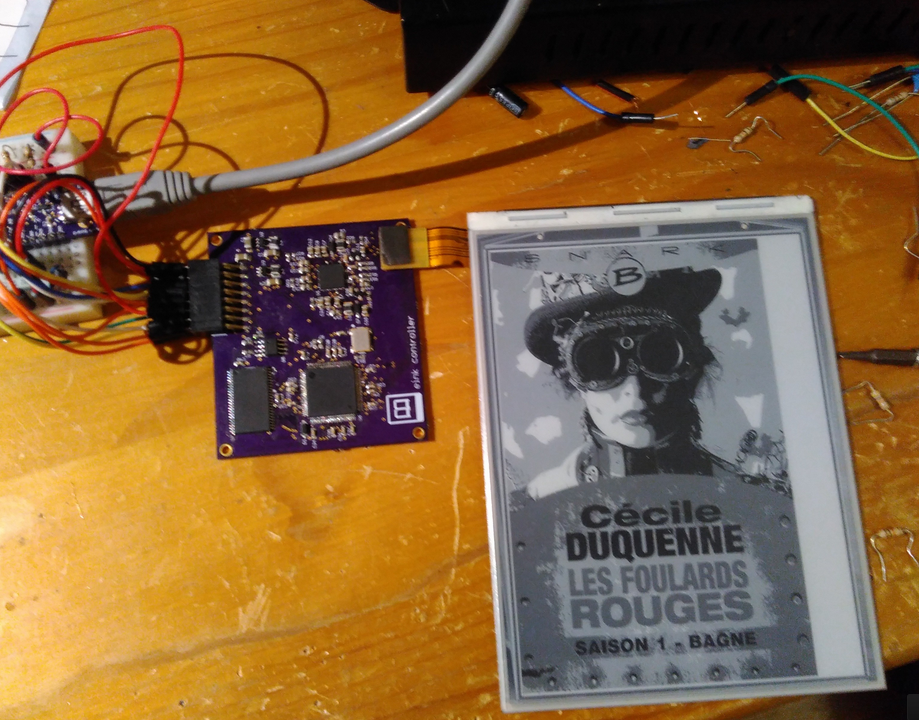
FPGA eink controller
Julien @ hackaday.io build a custom board to control e-ink display. He writes: The idea is to control an old broken kindle 3 eink display with a FPGA. I started looking at http://essentialscrap.com/eink/waveforms.html and http://spritesmods.com/?art=einkdisplay since eink constructor...
Continue Reading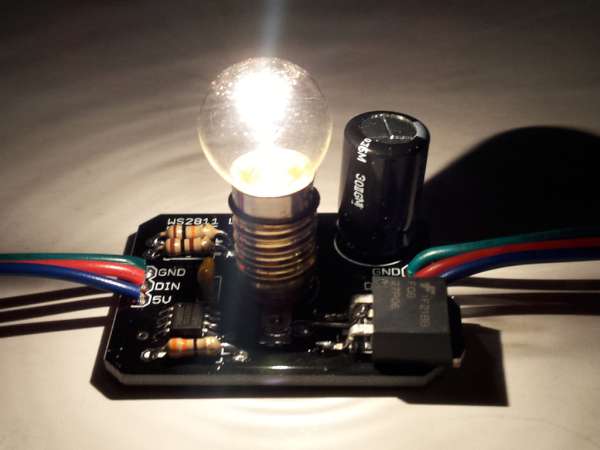
Individually addressable incandescent lamps
Michael wrote an article on controlling a bunch of lamps individually with WS2811 drivers and Arduino. [via] I simply used the same technology as LED strips to allow communication between lamp modules. LED strips have RGB LEDs with an embedded driver chip which uses PWM (pulse width...
Continue Reading
ESP32 Web Server – Arduino IDE
Rui @ randomnerdtutorials.com tipped us with his latest project. He writes: In this project you’ll create a standalone web server with an ESP32 that can toggle two LEDs using the Arduino IDE programming environment. If you want to learn more about the ESP32 dev board, read my...
Continue Reading











